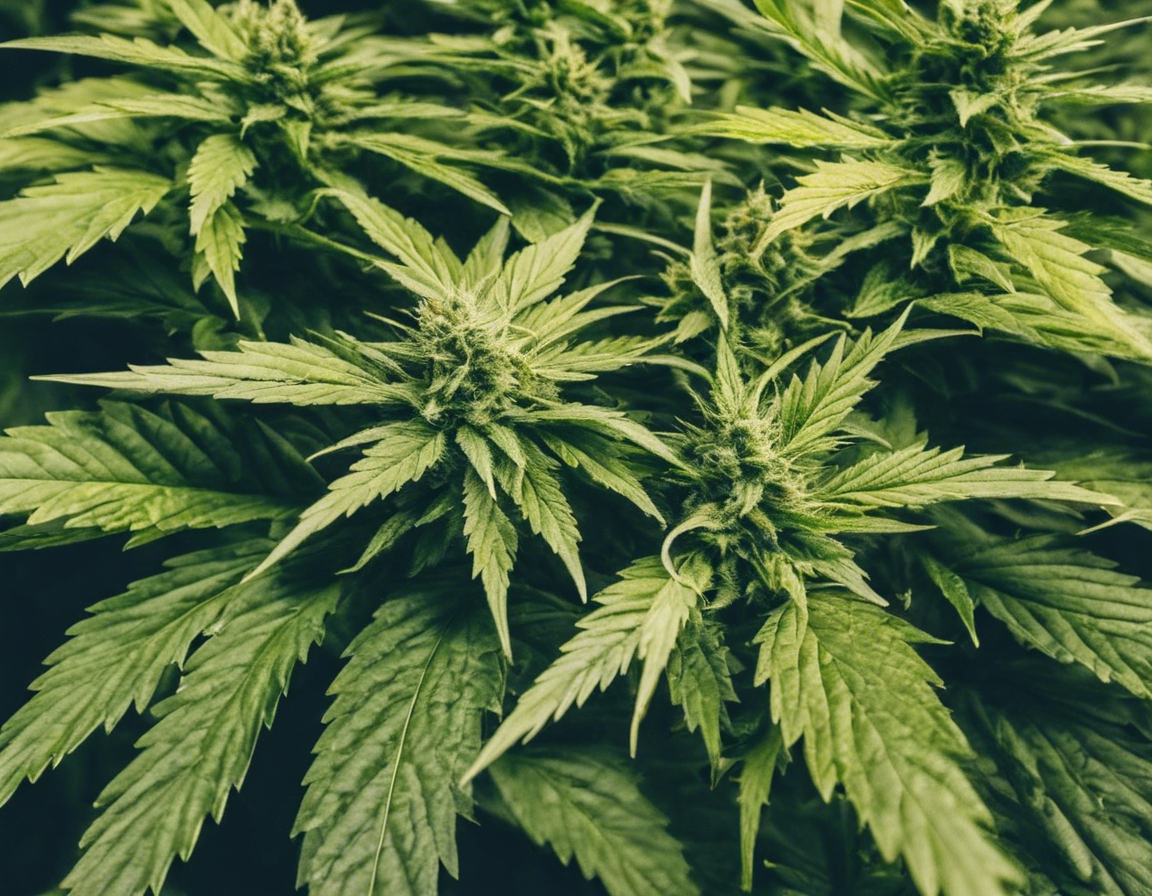Introduction to Ganja
Ganja, also known as marijuana, cannabis, or weed, is a plant that has been used for various purposes throughout history. While it has gained notoriety in recent times for its recreational use, ganja has a long history of medicinal, spiritual, and industrial applications. In this article, we will delve into the origins of ganja, its uses across different cultures, and its modern-day implications.
Origins of Ganja
Ganja has been cultivated for thousands of years, with its origins dating back to Central Asia. Historians believe that the plant was first domesticated in the region that is now Mongolia and Southern Siberia. From there, it spread to other parts of Asia, Africa, and eventually the rest of the world.
One of the earliest recorded uses of ganja comes from ancient Chinese texts, which date back to around 2700 BCE. The Chinese used the plant for medicinal purposes, citing its ability to relieve pain and induce relaxation. Over time, ganja made its way to India, where it became an integral part of spiritual and religious practices.
Uses of Ganja in Different Cultures
India: In India, ganja is closely associated with the Hindu god Shiva. Followers of Shiva believe that consuming ganja helps them to connect with the divine and achieve a state of deep meditation. Ganja is often consumed in the form of bhang, a traditional drink made from the plant.
Jamaica: Ganja plays a significant role in Jamaican culture, particularly within the Rastafarian movement. Rastafarians believe that ganja is a sacrament that brings them closer to God. It is often smoked during Rastafarian rituals and ceremonies.
Middle East: Ganja has a long history in the Middle East, where it has been used for its medicinal properties for centuries. In countries like Lebanon and Morocco, ganja is commonly consumed in the form of hashish, a potent resin extracted from the plant.
Modern-Day Implications of Ganja
In recent years, ganja has become a focal point of debate around the world, particularly regarding its legalization for recreational use. Supporters argue that ganja is a relatively safe substance that can generate significant tax revenue for governments. They also point to its medicinal properties, which have been shown to help with conditions such as chronic pain, anxiety, and epilepsy.
However, opponents of ganja legalization raise concerns about the potential for abuse and addiction. They also worry about the impact of legalization on public health and safety, citing studies that link ganja use to psychosis and cognitive impairments.
Despite these debates, many countries have begun to relax their ganja laws in recent years. Several states in the United States, as well as countries like Canada and Uruguay, have legalized ganja for recreational use. In other parts of the world, the plant remains illegal or tightly regulated.
Frequently Asked Questions (FAQs)
1. Is ganja the same as hemp?
No, although they come from the same plant species, Cannabis sativa, ganja and hemp are different varieties. Ganja contains high levels of THC, the psychoactive compound that produces a “high”, while hemp is bred to have low levels of THC and is often used for its industrial and medicinal properties.
2. What are the potential health benefits of ganja?
Ganja has been shown to have anti-inflammatory, analgesic, and antioxidant properties. It has been used to alleviate symptoms of chronic pain, nausea, muscle spasms, and anxiety. Some studies suggest that it may also have neuroprotective qualities.
3. Can ganja be addictive?
While ganja is not as addictive as substances like nicotine or alcohol, some people may develop a dependency on it, especially with regular and heavy use. Withdrawal symptoms can include irritability, insomnia, and decreased appetite.
4. How is ganja consumed?
Ganja can be consumed in various ways, including smoking, vaporizing, and ingesting. When smoked, the effects are felt almost immediately, while ingesting or vaporizing can have a delayed but longer-lasting effect.
5. Is ganja legal in all countries?
No, ganja is illegal in many countries around the world. However, a growing number of nations are moving towards decriminalization or legalization for medicinal and recreational use. It is essential to check the laws in your jurisdiction before using ganja.
Conclusion
Ganja has a rich history that spans continents and cultures. From its origins in Central Asia to its modern-day implications, the plant has been valued for its diverse uses and effects. As ganja continues to be debated and explored, it is essential to understand its various applications and consider the implications of its use.


